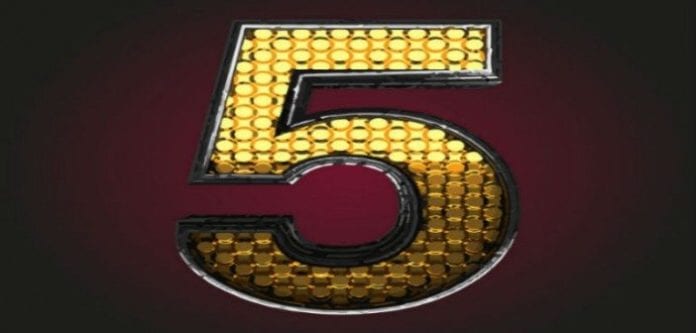1. T-Mobile US resolved a nationwide LTE network outage early Thursday morning, and most customers had regained access to service by the time they woke up. Of course some people were awake during the outage and contacted T-Mobile to complain they didn’t have data service.
“There was a national outage affecting most everyone,” T-Mobile tweeted from its “Help” account during the wee hours of Thursday morning. The carrier said the outage was an unintended consequence of scheduled maintenance.
One of the things T-Mobile has taught its rivals is that social media matters, and Verizon Communications took to Twitter as soon as the T-Mobile US outage was public. The larger carrier used its Twitter account to bash T-Mobile and its public relations team tweeted that most T-Mobile customers probably didn’t notice the outage because of the network’s “usual terrible performance.”
2. Verizon is taking a wait-and-see stance as Yahoo investigates what appears to be the biggest data breach in history. Yahoo yesterday said it thinks a “state-sponsored actor” stole user information in 2014, and the stolen information may include “names, email addresses, telephone numbers, dates of birth, hashed passwords (the vast majority with bcrypt) and, in some cases, encrypted or unencrypted security questions and answers.”
Two months ago, Yahoo told Verizon it had no knowledge of any security breaches. Reporters at Fortune pulled the following language from the document both companies signed when Verizon agreed to buy Yahoo’s internet business.
“To the knowledge of seller, there have not been any incidents of, or third party claims alleging, (i) security breaches, unauthorized access or unauthorized use of any of seller’s or the business subsidiaries’ information technology systems or (ii) loss, theft, unauthorized access or acquisition, modification, disclosure, corruption, or other misuse of any personal data in seller’s or the business subsidiaries’ possession, or other confidential data owned by seller or the business subsidiaries (or provided to seller or the business subsidiaries by their customers) in seller’s or the business subsidiaries’ possession, in each case (i) and (ii) that could reasonably be expected to have a business material adverse effect.”
Verizon this week said that as Yahoo’s investigation continues it will evaluate “through the lens of overall Verizon interests, including consumers, customers, shareholders and related communities.”
3. AT&T is suing the Nashville city government after the city passed Google’s One Touch Make Ready ordinance this week. One Touch Make Ready is an ordinance created by Google Fiber that would allow a new fiber provider to move other cables on a utility pole in order to make room for its own lines. As a provider in Nashville, AT&T has opposed One Touch Make Ready because it wants its own workers to move its cables. AT&T’s cables are on most poles in Nashville and the company owns about one-fifth of the utility poles in the city. The rest are owned by Nashville Electric Service, a public utility.
AT&T filed its case in the federal district court and in Nashville and is seeking a permanent injunction to prevent the city from enacting One Touch Make Ready now or at any time in the future.
4. Verizon Wireless and Sprint have resumed sales of Samsung’s Galaxy Note 7 devices. Samsung recalled the large-screen smartphones because dozens of users said the batteries were catching fire. Note 7 devices shipped after Sept. 15 are considered safe by Samsung, and the company has also created a website where users can enter their device’s IMEI number to check and see if it is considered safe.
5. Researchers at Stanford say they’ve found a way to “break the net neutrality deadlock.” They’ve developed software they say will let users decide which mobile data traffic gets high-speed delivery.
“We think the best way to ensure that [internet service providers] and content providers don’t make decisions that conflict with the interests of users is to let users decide how to configure their own traffic,” said Stanford associate professor Sachin Katti.
In the commercial world, one of the biggest challenges to net neutrality to date has been T-Mobile US’ Binge On (now One rate) service, which lets users stream video from popular providers without incurring data charges. Federal Communications Commission Chairman Tom Wheeler has said Binge On does not violate net neutrality, and consumers love it.
Follow me on Twitter.

